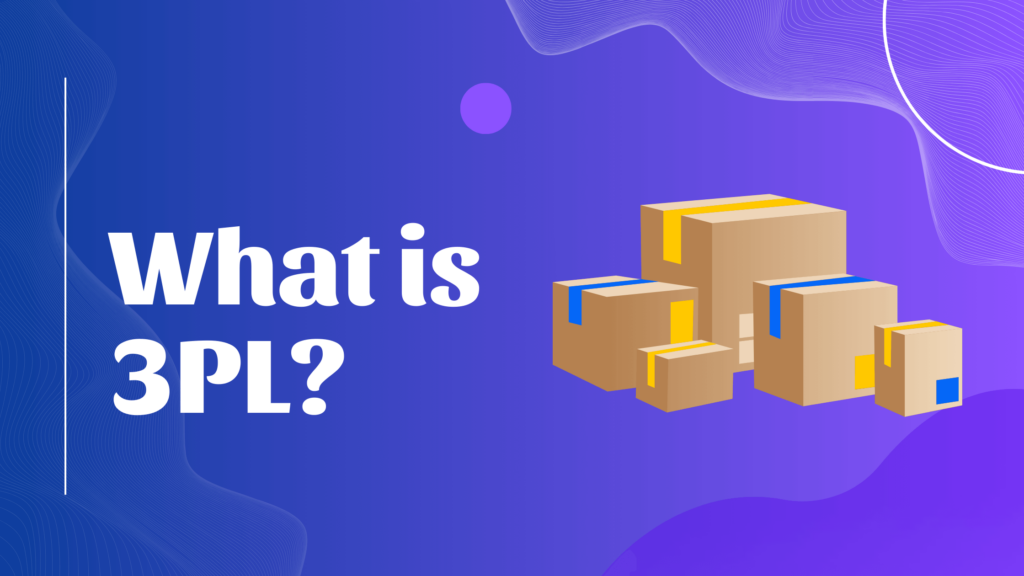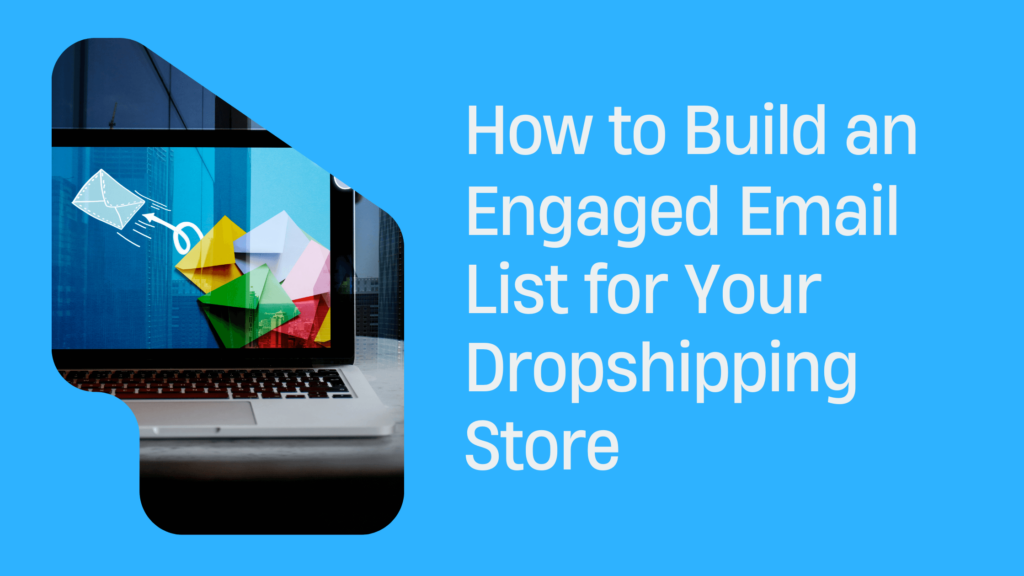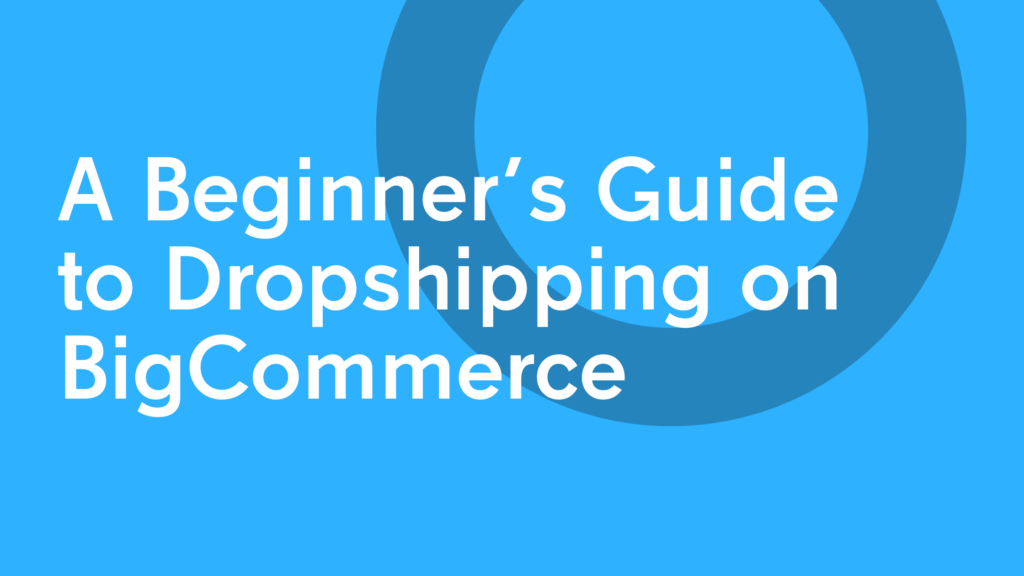What is 3PL? How Third-Party Logistics is Revolutionizing Ecommerce Fulfillment
Introduction to 3PL
Third-Party logistics (3PL) refers to outsourcing supply chain management and fulfillment processes to external providers. 3PL logistics companies handle tasks like inventory storage, order processing, and shipping. The concept began in the 1970s, initially focusing on transportation and warehousing. Over time, 3PL services have evolved into comprehensive solutions, including 3PL warehousing, 3PL fulfillment, and 3PL dropshipping. Today, 3PL companies are essential for eCommerce businesses, streamlining operations and enabling efficient global reach. By leveraging 3PLs, businesses can focus on growth while ensuring smooth logistics and customer satisfaction.
What are the Main Components of 3PL Services?
The following 4 components work together to provide comprehensive solutions for businesses that looking to optimize their fulfillment process and scale efficiently.
Warehousing
A key component of 3PL logistics is warehousing. 3PL for eCommerce companies offer storage solutions tailored to eCommerce needs. They maintain a 3PL warehouse where products are stored until orders are received, ensuring efficient inventory management and fulfillment. These warehouses are strategically located to reduce shipping times and costs. 3PL warehousing also includes specialized services like climate control, security, and organization, ensuring that inventory is safe, accessible, and ready for quick order fulfillment.
Order Processing
Order processing is another critical aspect of 3PL fulfillment. Once an order is placed, the 3PL company handles everything from picking the product from the warehouse to packing it for shipment. This process is automated and streamlined to ensure accuracy and speed. 3PL companies use advanced software to track orders, manage packaging materials, and prepare shipments according to the seller’s specifications. Efficient order processing helps businesses meet customer expectations for fast delivery.
Inventory Management
3PL logistics includes robust inventory management services. This involves tracking stock levels, managing reorders, and preventing overstock or stockouts. 3PL companies provide real-time inventory data, allowing businesses to monitor stock across multiple channels. Effective inventory management ensures that businesses always have the right amount of stock to meet demand without tying up capital in excess inventory. It also helps in forecasting and planning, leading to more efficient operations.
Shipping and Distribution
Shipping and distribution are at the heart of 3PL fulfillment. 3PL companies handle the entire shipping process, from choosing the best carriers to negotiating rates and managing logistics. They ensure that products are delivered to customers on time, whether through standard shipping or expedited services. 3PL logistics also includes handling international shipping, managing customs, and dealing with returns. By leveraging 3PL services, businesses can offer faster, more reliable shipping options to their customers.
The Rise of Ecommerce and Its Impact on Fulfillment
The rise of ecommerce has drastically changed how products are fulfilled. Online retail has grown rapidly, increasing demand for efficient order handling. This surge has pushed businesses to seek solutions that can handle large volumes and quick deliveries. 3PL logistics have become essential in this new landscape. Companies use 3PL warehouses to store products and manage inventory. 3PL fulfillment services help process orders efficiently, ensuring timely deliveries. 3PL companies offer the expertise and infrastructure needed to handle the high demand.
Challenges Faced by Ecommerce Businesses in Order Fulfillment
- Growing Demand for Quick Delivery – Ecommerce businesses face high customer expectations for fast shipping. Meeting these demands can be challenging without efficient systems.
- Complex Order Processing – Managing a large volume of orders requires sophisticated systems. Businesses must handle inventory, packaging, and shipping seamlessly to avoid delays.
- Inventory Management Issues – Tracking stock across multiple sales channels is difficult. Errors in inventory management can lead to overselling or stockouts.
- Returns and Reverse Logistics – Handling returns can be complex and costly. Efficiently processing returns is crucial for maintaining customer satisfaction.
- Scalability Problems – As ecommerce businesses grow, they need to scale operations quickly. This often involves upgrading fulfillment systems and increasing storage capacity.
- Technology Integration – Integrating various technology solutions for order processing, inventory management, and shipping can be challenging. Seamless integration is essential for smooth operations.
- Global Shipping Challenges – Expanding to international markets introduces complexities like customs, duties, and shipping regulations. Businesses need to navigate these challenges to ensure efficient global fulfillment.
3PL Solutions
To address these challenges, many ecommerce businesses turn to 3PL logistics providers. These 3PL companies offer specialized services like 3PL warehousing and 3PL fulfillment, helping businesses manage their order fulfillment needs efficiently. 3PL dropshipping services also allow businesses to focus on growth while outsourcing logistics tasks to experts.
How 3PL is Revolutionizing Ecommerce Fulfillment
3PL revolutionizes ecommerce fulfillment by making operations more efficient, reducing costs, providing advanced technology, and improving customer satisfaction. Here’s how:
Improved Efficiency and Scalability
3PL companies streamline operations with their expertise. They use efficient systems and processes to manage large volumes of orders quickly. This scalability means businesses can easily handle peaks in demand, like during holiday seasons, without investing in their own warehouse or staff.
Cost Reduction
Using a 3PL warehouse reduces overhead costs. Businesses avoid expenses related to warehousing, technology, and staffing. 3PL providers leverage their economies of scale to offer lower shipping rates and better deals on bulk inventory. This cost efficiency helps businesses save money and focus on growth.
Access to Advanced Technology and Infrastructure
3PL fulfillment centers are equipped with the latest technology. They use sophisticated inventory management systems and automation tools to track products and manage orders. This advanced infrastructure improves accuracy and speeds up order processing, which benefits ecommerce businesses by enhancing operational efficiency.
Enhanced Customer Experience
With 3PL warehousing, businesses can offer faster shipping and better tracking. 3PL providers often have multiple distribution centers, which allows for quicker delivery times. Improved delivery speed and accurate order tracking enhance the overall customer experience, leading to higher satisfaction and repeat business.
Benefits of 3PL for Ecommerce Businesses
The benefits make 3PL an essential partner for ecommerce businesses looking to streamline operations and expand their reach. Here’s how:
Focus on Core Business Activities
- Using 3PL logistics lets you concentrate on your main business activities.
- Outsourcing warehousing and shipping tasks frees up your time.
- You can focus on marketing, product development, and customer service.
Flexibility in Handling Order Volume Fluctuations
- 3PL companies offer scalable solutions for varying order volumes.
- They can handle peak seasons and high demand without your intervention.
- Adjust your logistics needs based on your business’s growth and seasonal trends.
Expanded Geographical Reach
- 3PL warehousing provides access to multiple locations.
- Reach new markets and regions more easily.
- Tap into global opportunities without setting up your own distribution centers.
Expertise in Logistics and Supply Chain Management
- 3PL fulfillment centers have specialized knowledge in logistics.
- They manage inventory, shipping, and returns efficiently.
- Benefit from their experience in optimizing supply chain operations.
Integration of 3PL with Ecommerce Platforms
By integrating 3PL warehousing with eCommerce platforms, businesses benefit from streamlined operations and improved customer satisfaction. Automation and real-time tracking enhance efficiency, while seamless communication between systems ensures smooth order processing. This integration supports 3PL fulfillment and dropshipping by providing accurate and timely information throughout the supply chain.
Automation of Order Fulfillment Processes
- 3PL logistics providers automate many aspects of order fulfillment. This includes picking, packing, and shipping products. Automated systems reduce manual work and speed up processing times.
- Integration with eCommerce platforms allows orders to be automatically transmitted to the 3PL warehouse. This eliminates manual entry errors and speeds up the order fulfillment process.
Real-Time Inventory Tracking
- Integration ensures real-time inventory tracking. As items are sold and shipped, inventory levels are updated instantly. This helps avoid stockouts and overstocking.
- Ecommerce platforms connected to 3PL systems provide accurate inventory data. Customers and business owners can see current stock levels and manage inventory more effectively.
Seamless Communication Between Systems
- 3PL companies and eCommerce platforms communicate smoothly through integrated systems. This ensures that order details, shipping information, and tracking updates are exchanged without delay.
- The integration allows for seamless updates on order status and delivery. Customers receive accurate tracking information and timely updates about their orders.
Challenges and Considerations
Choosing The Right 3PL Partner
Look for 3PL companies that align with your business needs. Evaluate their 3PL logistics capabilities, including warehousing, order fulfillment, and shipping speed. Ensure they have experience in your industry and can handle your specific product requirements. Compare their technology and infrastructure to ensure they can integrate smoothly with your systems. Check for scalability to support your growth.
Data Security and Privacy Concerns
Your partner will handle sensitive information, such as customer details and inventory data. Ensure they have robust security measures to protect this data. Verify their compliance with privacy regulations and industry standards. Ask about their data handling practices and how they manage potential breaches. Regular audits and security checks should be part of their protocol.
Maintaining Brand Identity and Customer Relationships
Your 3PL warehouse should reflect your brand’s values and standards. Ensure that their handling and packaging of products align with your brand’s image. Communication with customers should be seamless, even when managed by a 3PL partner. Establish clear guidelines for customer service and returns. Monitor customer feedback to ensure the 3PL company meets your service standards. Keep a close relationship with your 3PL partner to ensure consistent quality and service.
Future Trends in 3PL and Ecommerce Fulfillment
These trends are shaping the future of 3PL logistics and ecommerce fulfillment. By embracing AI, sustainable practices, and faster delivery options, 3PL companies can provide better service and meet evolving consumer expectations.
Artificial Intelligence and Machine Learning in Logistics
AI and machine learning are transforming 3PL logistics. These technologies improve efficiency in warehousing and order fulfillment. AI can predict demand, optimize inventory levels, and enhance supply chain management. Machine learning algorithms analyze data to streamline operations, reduce errors, and forecast trends. This helps 3PL companies make better decisions and speed up processing times. Automated systems powered by AI handle tasks like sorting and packing, which increases accuracy and reduces labor costs.
Sustainable and Eco-Friendly Fulfillment Practices
Companies are adopting eco-friendly practices to minimize their carbon footprint. This includes using energy-efficient technologies and reducing packaging waste. 3PL companies are also exploring alternative energy sources, like solar power, for their warehouses. They are optimizing delivery routes to cut emissions and using recyclable materials for packaging. These practices help reduce the environmental impact of ecommerce fulfillment and meet consumer demand for greener solutions.
Expansion of Same-Day and Next-Day Delivery Options
Consumers expect faster delivery times, pushing 3PL fulfillment to innovate. Same-day and next-day delivery options are expanding. To meet this demand, 3PL companies are improving their logistics networks. They are setting up more strategically located warehouses to speed up shipping. Enhanced technology in 3PL warehousing, such as advanced sorting systems and automated inventory management, supports quicker fulfillment. Efficient order processing and streamlined shipping operations enable faster delivery times. As ecommerce grows, the ability to offer rapid delivery will be crucial for staying competitive.
Conclusion
3PL is changing how ecommerce fulfillment works. It offers better efficiency, cost savings, and advanced technology. Using 3PL logistics helps manage inventory, shipping, and warehousing. It supports rapid growth and adapts to market changes. In the future, 3PL will be even more crucial in online retail. It streamlines operations and scales with businesses. Embracing 3PL can improve your ecommerce success and customer satisfaction.
3PL FAQs
What is 3PL?
3PL (Third-Party Logistics) is a service where 3PL companies manage 3PL warehousing, 3PL fulfillment, and 3PL dropshipping, handling inventory, shipping, and logistics for businesses.
How does 3PL differ from other logistics solutions?
3PL Logistics offers end-to-end solutions like warehousing, fulfillment, and dropshipping. 3PL companies manage inventory, while 3PL warehouses store products for streamlined operations.
What specific services do 3PL providers typically offer?
3PL providers offer logistics services including warehousing, order fulfillment, inventory management, shipping, and dropshipping. They help streamline operations for businesses using 3PL warehousing and logistics.
Can 3PL providers handle both B2B and B2C fulfillment?
Yes, 3PL providers can handle both B2B and B2C fulfillment. They offer flexible 3PL logistics, warehousing, and dropshipping services to meet diverse business needs.
Do 3PL providers offer custom packaging and branding options?
Yes, many 3PL companies offer custom packaging and branding options. These 3PL logistics services enhance brand identity through personalized 3PL fulfillment and 3PL dropshipping solutions.
How do 3PL providers integrate with ecommerce platforms?
3PL providers integrate with ecommerce platforms by syncing inventory, automating order processing, and managing shipping. This streamlines 3PL fulfillment, 3PL warehousing, and 3PL dropshipping operations.
Are there hidden costs associated with 3PL services?
Yes, 3PL services can have hidden costs like storage fees, packaging charges, and unexpected surcharges. Carefully review contracts with 3PL logistics, warehousing, and fulfillment providers.
How do 3PLs handle returns and reverse logistics?
3PLs manage returns and reverse logistics by handling product inspections, restocking, and processing refunds. They streamline returns through 3PL warehousing, ensuring efficient 3PL fulfillment and dropshipping.



